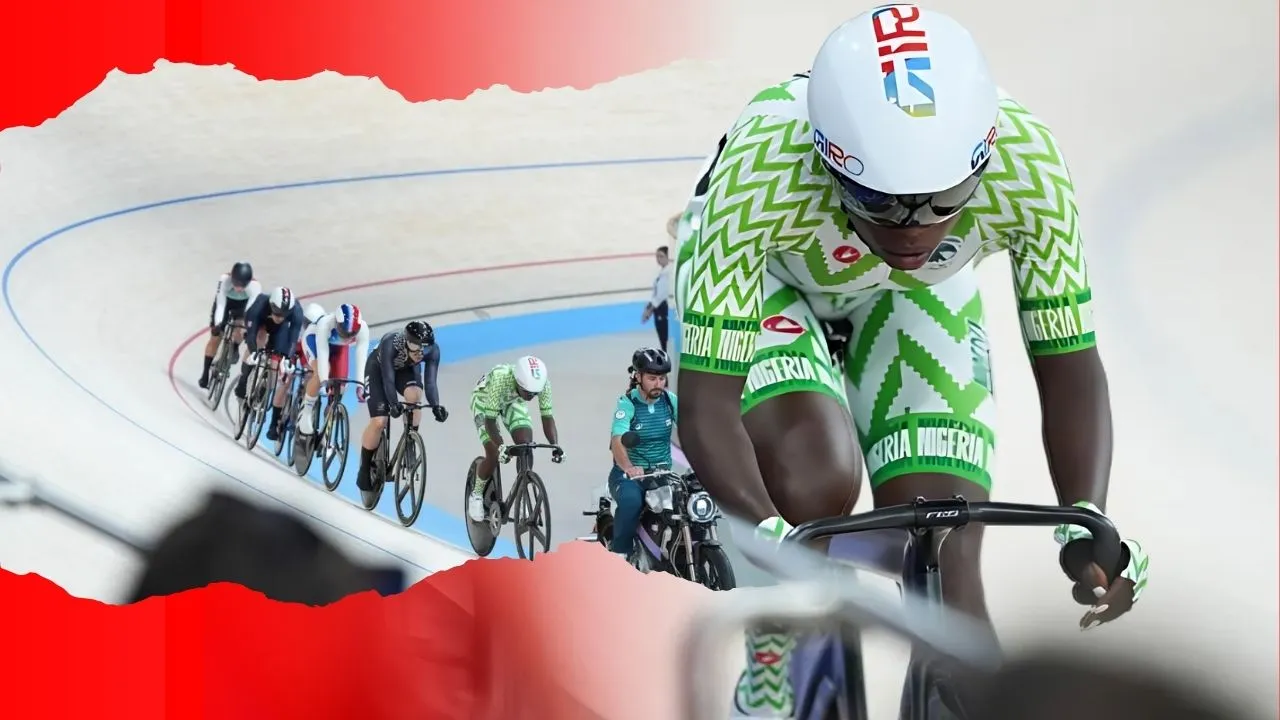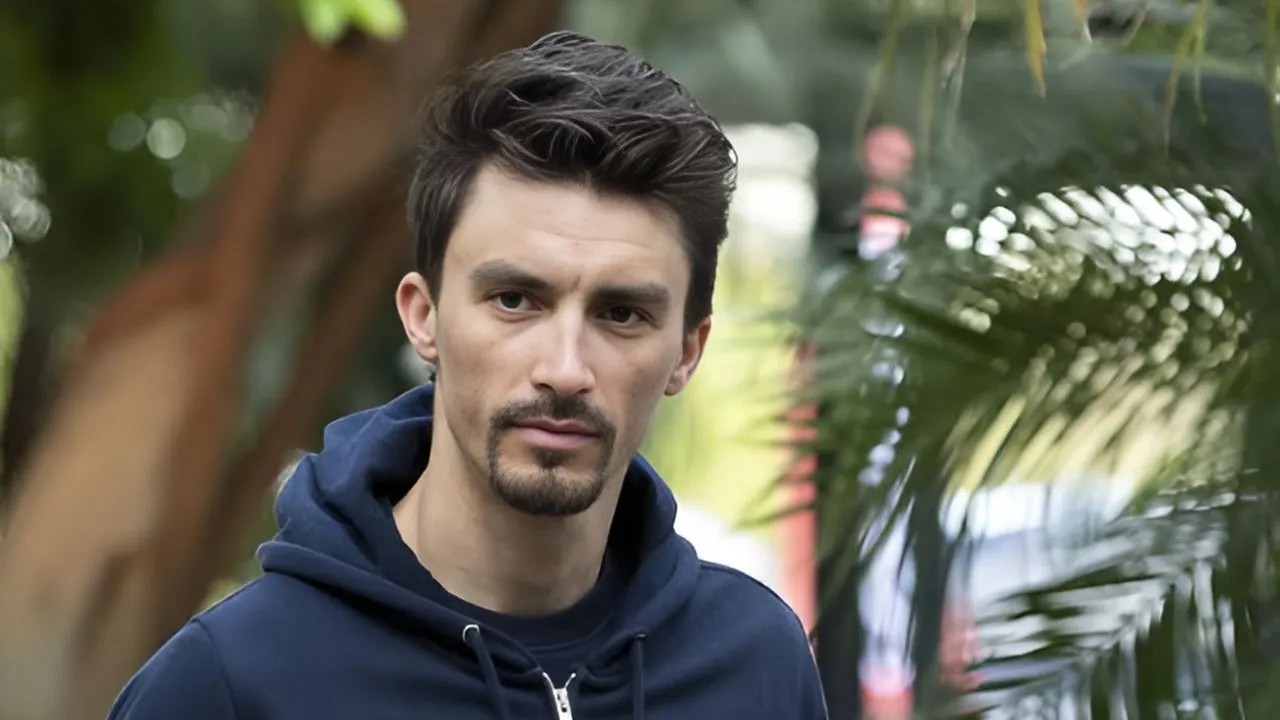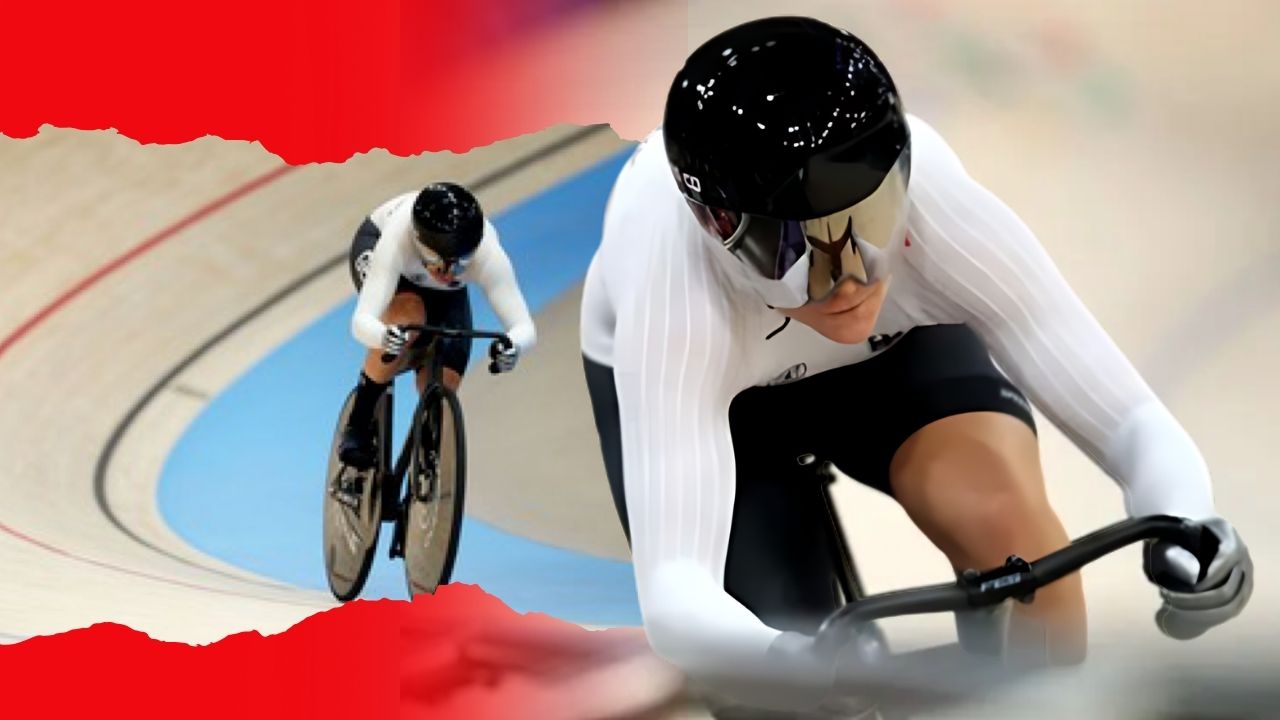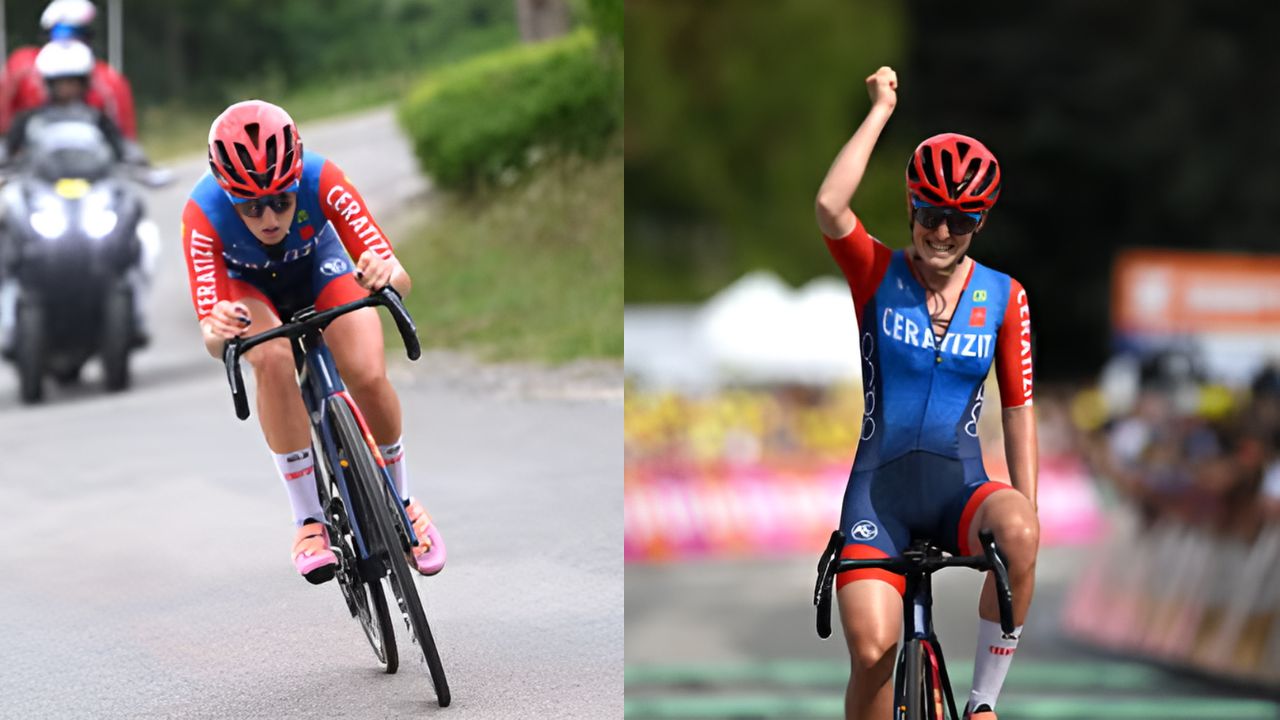Paris Olympics: Nigerian Cyclist Shocks the World with Unbelievable Olympic Sprint—On a Borrowed Bike!

Nigerian cyclist Ese Ukpeseraye shines at the Paris Olympics with a surprising 11.652s sprint, despite limited training and riding a borrowed bike.

Nigerian cyclist Ese Ukpeseraye may have finished last in the women’s Individual Sprint qualifying event at the Paris Olympic Games, but her performance was nothing short of extraordinary given the circumstances. Riding on a borrowed bike and without having trained on a velodrome for over a year, Ukpeseraye managed a 200-metre flying lap in 11.652 seconds—a time she never expected to achieve.
“I was very happy because in the flying lap, I’ve never done an 11 [second lap] before. I always do 12, sometimes 13,” Ukpeseraye shared with Cyclingnews. “I was even surprised that without preparing for it, I did 11. There are some people who have been preparing for this for the past three years, and they did 11 like me as well. So I was very, very happy, as if I’m the one that won.”
Ukpeseraye’s entry into the women’s sprint events came as a surprise. Initially in Paris for the women’s road race, she was added to the track roster after Egypt lost their place due to a disqualification by the UCI. The Nigerian team received the notice less than a week before the start of the Olympics, and they hadn’t even packed any track bikes. Fortunately, the German team stepped in, lending her a specially-engineered bike designed by the Institut für Forschung und Entwicklung von Sportgeräten (FES), which she used in both the Keirin and Sprint events.
“The bike was fantastic,” she said. “There are times when they give you a new bike to race, and you will find it difficult because you have not been training with it and are not used to it. But for me, when they gave me the bike, the first day I used the bike, it was like I had been using it. I was very comfortable on it. I really appreciate them a lot because they noticed that I am in need and they were able to assist me.”
Ukpeseraye’s experience in track cycling is extensive, having competed in various events, including the Team Pursuit, Team Sprint, 500-metre time trial, Keirin, and Omnium on the international stage. However, she has only raced the Individual Sprint at the Continental Championships, making her Olympic performance even more impressive.
Despite her evident talent, Ukpeseraye’s results have often been hindered by the lack of proper training facilities in Nigeria. The country boasts a wooden velodrome in one of the most expensive sports stadiums in the world, yet the facility is often unavailable for athletes. Instead, it is frequently rented out for religious services and other events at a daily rate of €375, preventing cyclists from using it for its intended purpose.
“We have a very beautiful track. Our track is the best in Africa, but we don’t use it. They don’t give us the permission,” Ukpeseraye explained. “Sometimes we have competition, and we want to train in the velodrome, but there is a party there, and they say we cannot use it, so we take our bikes and go home. When we wanted to go to Glasgow for the World Championship, we had to train on the track. But unfortunately, we couldn’t use the track because they were using it for parties.”
The misuse of the velodrome extends to the extent that event organizers have been known to nail banners to the wooden track surface—a dangerous practice that can cause accidents during cycling events. “It’s just like they don’t understand what track is all about. Sometimes they put some nails in the track when they are doing a party, and then when we are riding, we have accidents because there are nails. You have a puncture, and you crash because they nailed the track.”
Ukpeseraye hopes that her appearance and performance at the Olympics will inspire Nigeria to invest more in track cycling and dedicate the velodrome to its proper use. “I think if people came here today to watch, they will know that this track is not meant for parties. It’s not meant for other occasions.”
Her resilience and determination have shown the world what can be achieved despite the odds, and Ukpeseraye remains optimistic that her journey will lead to positive changes for the future of Nigerian cycling.
Read More: The Future of Cycling: How AI and Smart Bikes are Revolutionizing the Ride






